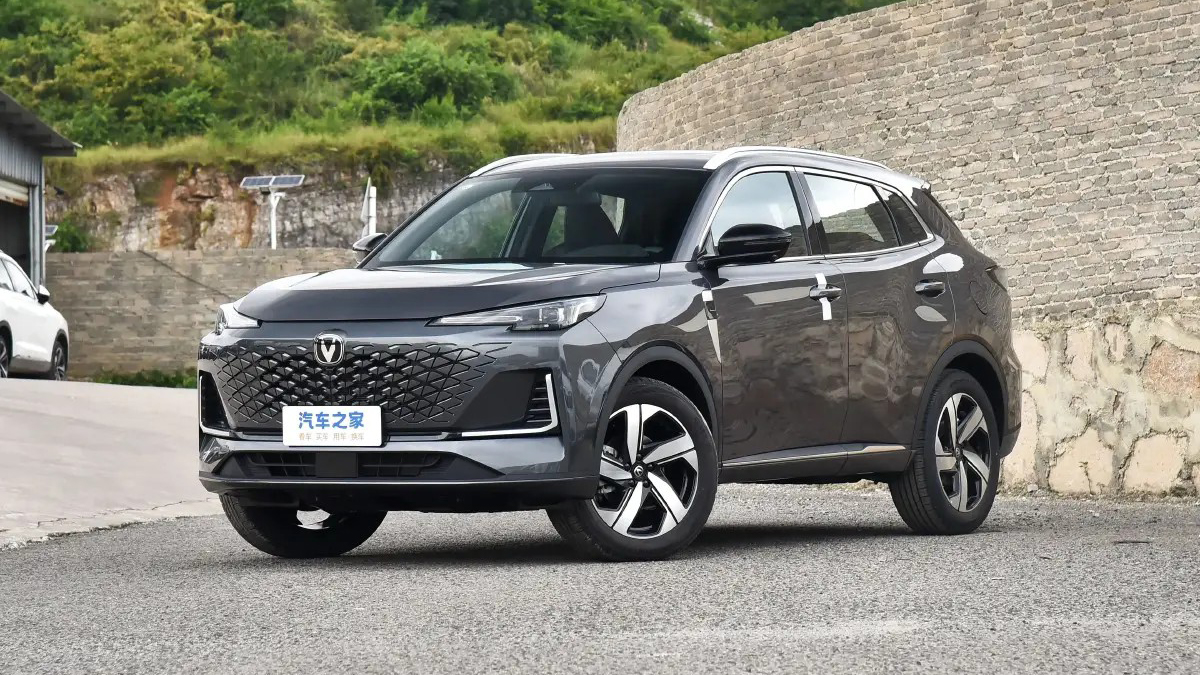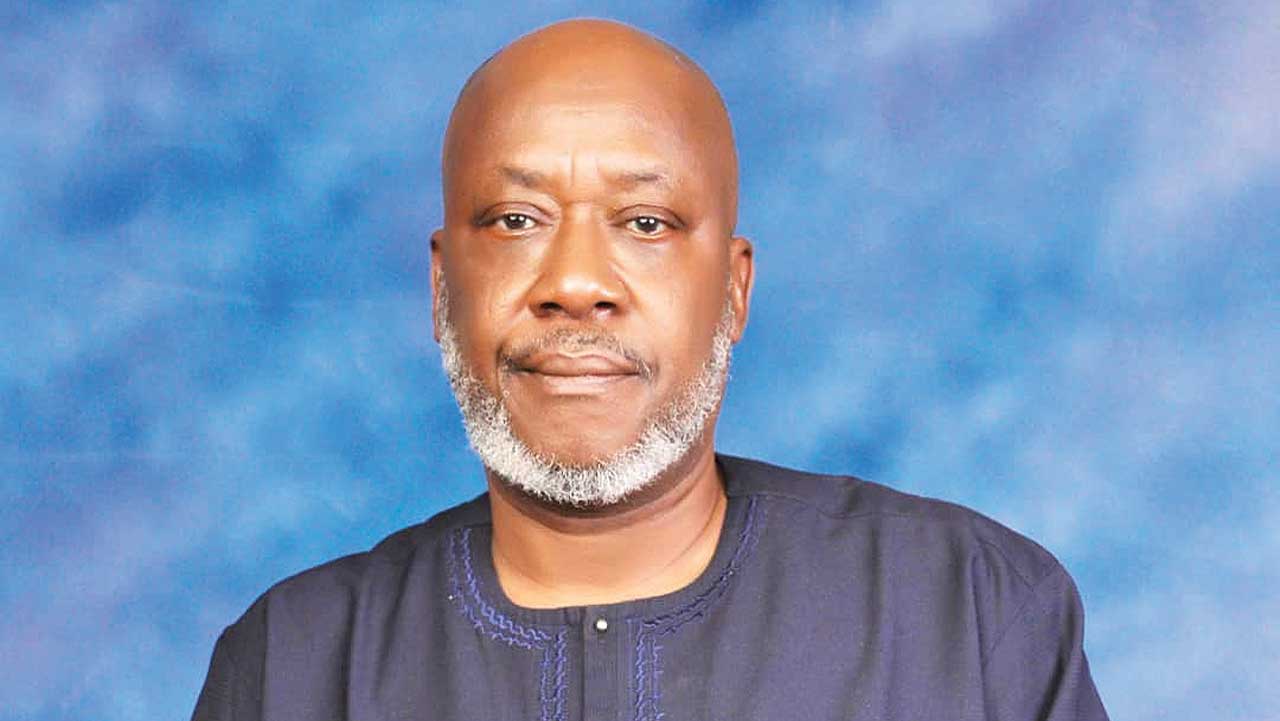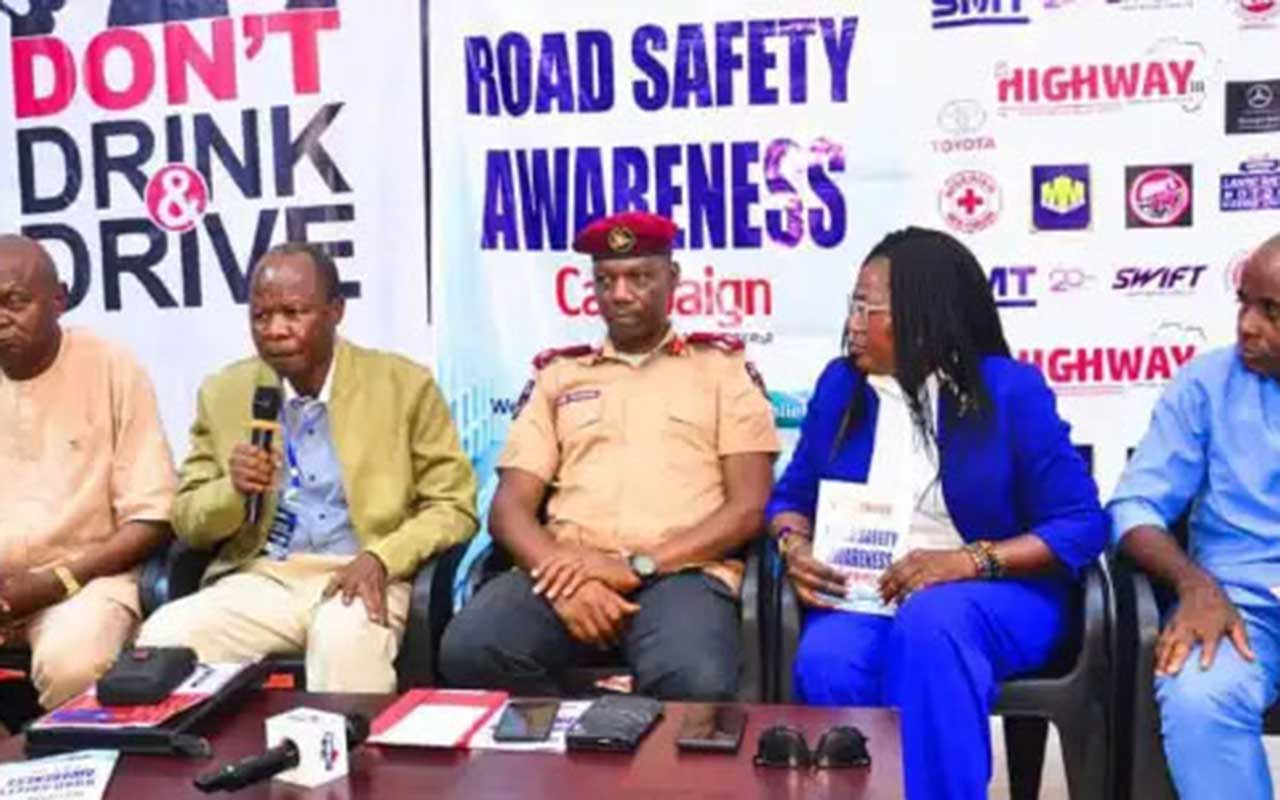
Troubling challenges in the road and rail sectors in 2022 and lessons learnt could be the catalyst for a safer and viable transport industry this Year. BENJAMIN ALADE reports.
Although 2021 could be described as the year ‘locust’ substantially ate gains of the transportation sector, 2022 was not any better despite a surge in additional infrastructure.
Indeed, mammoth was the challenge of insecurity, vandalism, fuel hike, among others that dotted the entire landscape.
Largely unruffled by uncertainties in the days ahead, stakeholders are optimistic that 2023 could be the year Nigeria turns the corner on critical rail and road infrastructure. On one hand is the outgoing government learning important lessons to keep rail and roads more secure for commuters. On the other hand is a new administration coming mid-way, with fresh ideas to chart a new course forward.
Highs and lows of 2022
On March 28, 2022, terrorists emerged from the Kateri-Rijana forest of Kaduna State, setting off explosives to derail an Abuja-Kaduna train carrying 362 passengers and abducted over 100 of its passengers. At least eight people died in the attack.
Thousands of Nigerians use the railway as a safer alternative to the road between Abuja and Kaduna, which for years has been one of the most dangerous highways because of kidnappings by armed bandits.
The terrorists’ attack sparked national outrage and fresh worries about the capacity of the federal-controlled security and intelligence systems to detect and prevent attacks.
Hostages were released in batches following negotiations with their captors, believed to have collected huge ransoms from their families.
Similarly, the completion of Lagos-Ibadan Expressway construction and 2nd Niger Bridge, among others nationwide, is being stalled owing to issues of funding. Minister of Works and Housing, Babatunde Fashola, had said the 2nd Niger Bridge, which was billed for completion in February 2022, was delayed due to the COVID-19 lockdown and EndSARS protests.
In Lagos, the first phase of the Lagos Rail Mass Transit Blue Line from Marina to Mile 2 was completed by the end of 2022. Nigerians are, therefore, set to witness in 2023, an entirely new form of rail transportation that is powered by electricity and not diesel as commonly used by the Nigerian Railway Corporation (NRC).
A new year to relish
The 2023 Budget signed into law last week, gave an insight into the programmes of the government. The consolidation of the gains of railway modernisation, which began in 2002, but gained traction in the last seven years, is perhaps a priority of the government winding down.
The administration would be spending N4.31 billion of its N21.5 trillion budget on the acquisition of new locomotives, coaches and wagons for the nation’s growing rail networks. This is from the N20.45 billion budget, allocated to the Nigerian Railway Corporation (NRC) in 2023.
For 2023, the Federal Ministry of Transportation, one of the biggest beneficiaries of President Muhammadu Buhari’s last budget, after the Ministry of Defence and Federal Ministry of Works and Housing, gets N126.53 billion.
Out of this, N70.45 billion goes into capital projects, N30.7 billion to finance bilateral and multilateral loans, while N18.01 billion goes for recurrent expenditure.
Stakeholders are, therefore, optimistic that this year would be favourable for the transport sector.
President, Chartered Institute of Transportation Administration (CIOTA), Olusegun Obayendo, said 2023 offered another opportunity for Nigerians to demonstrate readiness to develop modes of transportation as envisaged in the resilience and transparent dedication and commitment to the development of the rail system, especially the standard gauge, which according to him, proved beyond doubt that it could be trusted as a cheap, affordable and safe alternative to the roads.
He said CIOTA would continue to partner with the government in ensuring the robust development of all modes of transportation in the country.
He said CIOTA believes the transportation sector, if adequately exploited, could contribute a whopping N7.5 trillion yearly to the economy. With a budget of N21 trillion, it means, the transportation sector alone could provide a quarter of the nation’s budget and bring relief to a nation that is fiscally stifling.
Obayendo said the Federal Government’s continued investments in the transportation sector, especially in the areas of rail, road, air and maritime, is aimed at achieving the potential of transforming Nigeria as a major transport hub within the African continent.
He added that transportation is the livewire of any economy, and the nation’s economic and social wellbeing depend on efficient transportation.
Former Dean of the School of Transport and Logistics, Lagos State University (LASU), Prof. Samuel Odewumi, said transportation is at the core of both President Buhari and Governor Sanwo-olu’s agenda.
Odewumi said for Buhari, he had Fashola as his foreman on the road and Ameachi on the rail, until he left to contest for president.
“These are two strong and effective personalities that have the confidence of Mr. President. The major chunk of the capital vote goes to these two modes,” he said.
He added that as for rail, progress was made but there was a huge setback by the Abuja-Kaduna rail kidnap saga, now compounded by another Egueben kidnap incident. “Unless the issue of security is seriously dealt with, all efforts on rail will come to waste because patronage will dwindle to a point where the operations will become unsustainable and given that this is a project being executed on loan, it will be a double jeopardy.
“I expect the Federal Government to pursue with vigour the Eastern narrow gauge from Port Harcourt to Maiduguri.”
Odewumi said as for Lagos rail, the blue line has been tested and would likely start operating in the first quarter of this year.
However, he noted that because the take-off distance of operation is Marina-Mile 2, it may not be economically optimal. “It is when it is taken up to Okokomaiko that is when the return on investment will start getting sustainable. In addition, attention must be paid to intermodal integration so that commuters will be able to park and ride.”
On roads, he said the second Niger Bridge is a landmark and everything necessary must be done to make it fully open before this government vacates in May 2023.
“Lagos-Ibadan expressway is taking too long and we hope it will be delivered in the first quarter of this year. So also is the Kaduna-Kano road.
“The government could not secure a loan to fund east-west coastal roads, which is sad but understandable. Maybe NDDC may be able to give something in this regard,” he concluded.
However, the Chief Executive Officer, of West Atlantic Cold-Chain and Commodities Limited, Henrii Nwanguma, said roads and rail are parts of logistics infrastructure and it is best to look at the big, interconnected picture vis-a-vis the singular overriding objective of keeping the nation moving.
Nwanguma said there are three tiers of governance, each having their sphere of responsibility, but again, interconnected.
According to him, 2022 was a mixed bag of sorts. Notable landmarks occurred in both road and rail across the three tiers and much more is left unfinished or undone.
“I would rather have this conversation more from a comparison of the time taken and cost of moving a passenger (the ordinary citizen) or a unit of cargo over, say 100 kilometre by road or rail on a year-to-year basis and from season to season.
“Comparisons will also make sense between our competing countries, near or far. These are the things that help determine cost of living or doing business and therefore factors in determining where to live, work, school, site businesses, etc. We must view these things benchmarked against a desirable target. The question is, do we have that target at local, state and national levels,” he queried.
He said quality, quantity, convenience, interconnectedness, and inter-modalism also matter, alongside cost and time measurements.
“Ultimately, I throw this as a challenge to our planners and organs of government in charge of logistics infrastructure including transportation at the three tiers: Where are we and where do we hope to be by this time next year? Beyond reeling out how many kilometres done, can we state impact in verifiable quantitative terms also?” he queried.






